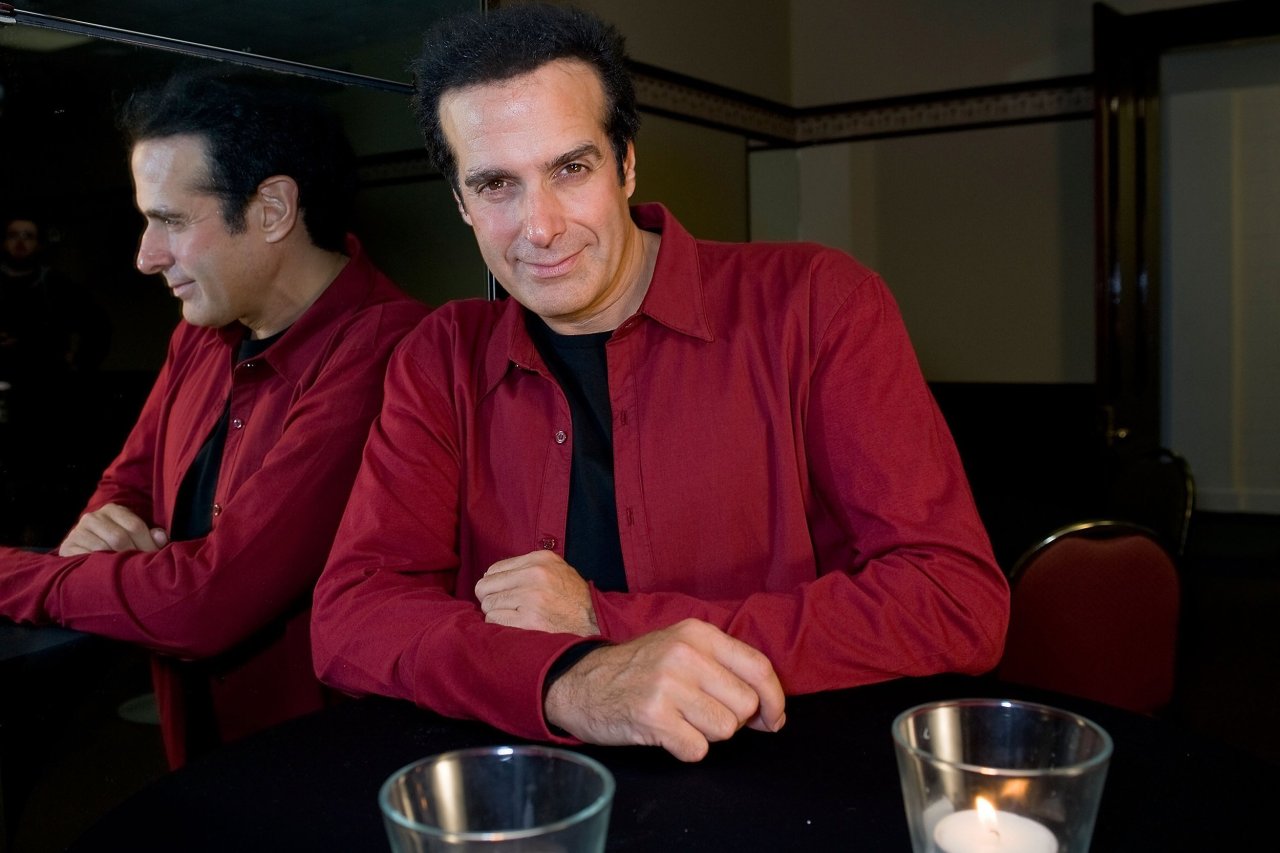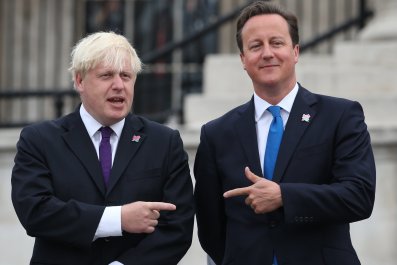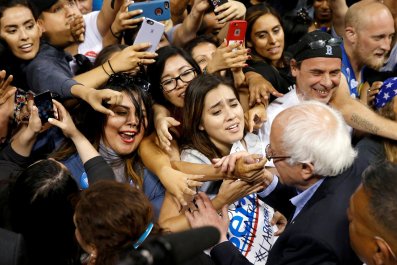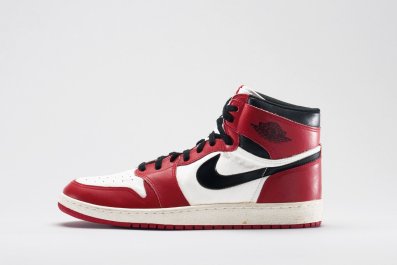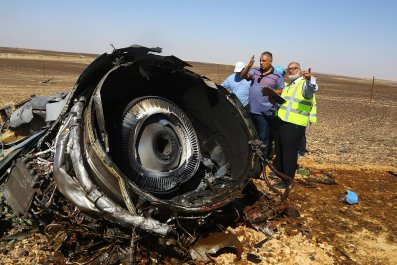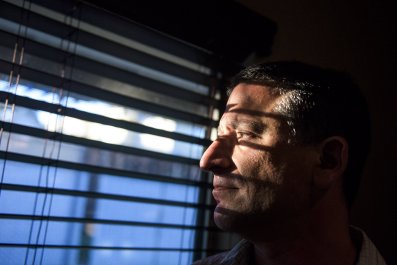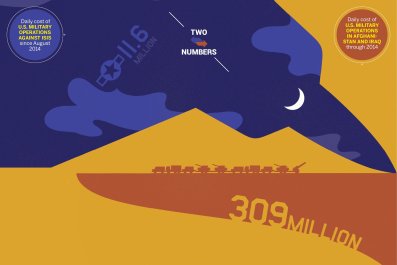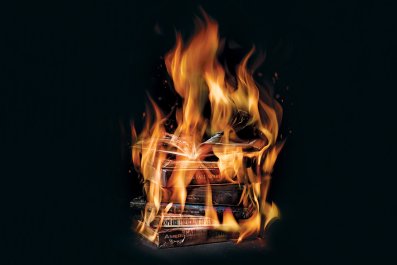It's been a while since David Copperfield pulled off an illusion on the scale of walking through the Great Wall of China or making the Statue of Liberty disappear, but he's keeping busy. The most successful magician of all time performs more than 500 times a year in Las Vegas and recently was part of an effort to persuade the federal government to recognize magic as an art form. In March, Representative Pete Sessions of Texas dropped House Resolution 642 before Congress, which aims to ensure magic is "preserved, understood and promulgated." Copperfield, a driving force behind the bill, is listed as an example of the heights that can be attained through mastery of the discipline.
If the government needs additional convincing, Now You See Me 2, the sequel to 2013's hit magic-fueled thriller inspired by Copperfield's theatrical stage shows, is in theaters June 10. For the franchise's second act, Copperfield is in the credits as a producer and promises "many new layers" for magic fans to sift through. Newsweek caught up with Copperfield fresh from a trip to his private islands—yes, plural—in the Bahamas to talk about H. Res. 642 and magic in the modern era.
Why does magic need be recognized by the federal government?
It wasn't until the '80s that theater was deemed an art form in our law books. Theater, ballet and jazz—all three were congressional resolutions. [The magic resolution] isn't about trying to get governmental funds, like some people say. What it does do is, if somebody is creating magic and creating new ideas, and those ideas are stolen, that person can go to court to try to protect their rights. They're trying to feed their family with their creation, and they can say, "Look, our government says this is an art form. It's not just a hobby; it's not just this little pastiche that we're doing. It's a real art form." It's going to help when young people are seeking grants from corporations or foundations to study magic. If Congress says it is a real thing, it is a real thing.
A lot of people still think of rabbits in hats and people getting sawed in half. How has modern magic evolved beyond that?
In the '50s and '60s, we thought, Oh my God, there's so much clutter! The TV! The radio! Now there are 10 times the channels and 10 times as many ways of receiving entertainment and information. To me, it's a glorious challenge. My show now is all about embracing technology, embracing the internet, embracing magic all around you. The magic doesn't just happen onstage; it happens in the middle of the audience. We have spaceships flying over people's heads and dinosaurs going into the sixth row of the theater. The language isn't feathers, flowers and girls in tight dresses. It is a different kind of language, with stories that are about family and things that will resonate. Now that everyone has their technology in their hands and in their pockets, it's a real challenge. You try to make the magic happen within that, using those things.



